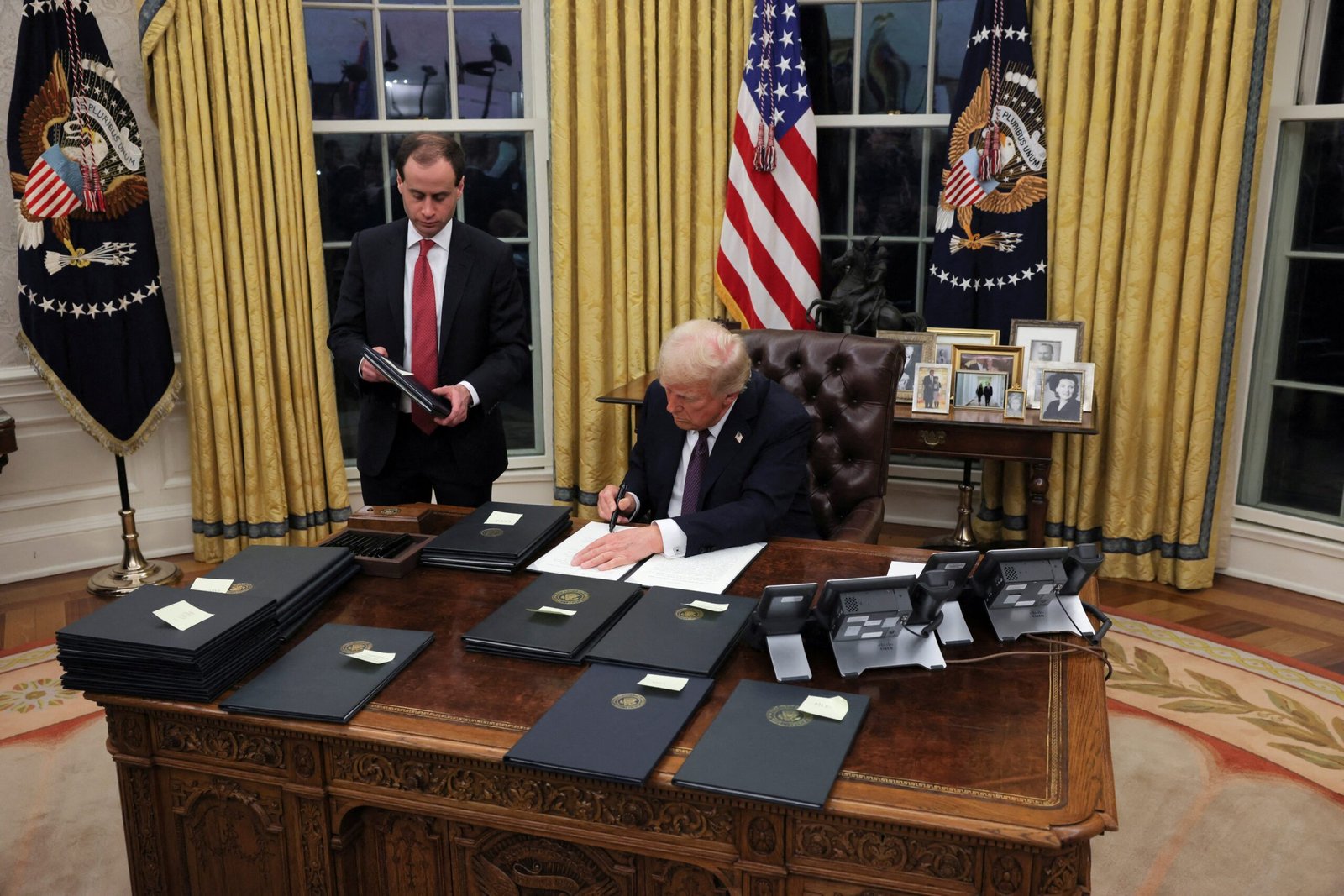Washington, D.C. – A recent federal court decision has dealt a significant blow to the Trump administration’s efforts to expand fast-track deportations, known as expedited removal, across the United States. On Friday, U.S. District Judge Jia Cobb issued an order blocking this nationwide expansion, ruling that it infringes on the due process rights of migrants.
The ruling pauses a controversial January directive that sought to extend expedited removal beyond border areas and recent arrivals to include migrants anywhere in the country who arrived within the last two years. This decision marks a major setback to the administration’s expansive mass deportation agenda, particularly its campaign targeting asylum-seekers at immigration courthouses nationwide.
The Controversy Surrounding Expedited Removal Expansion
Expedited removal is a procedure allowing federal immigration officials to swiftly deport certain migrants without the opportunity to appear before an immigration judge, unless they claim asylum and pass an interview by a U.S. asylum officer. Traditionally, this fast-track deportation process was confined to unauthorized migrants apprehended within 100 miles of an international border who had been present in the U.S. for less than two weeks.
The January directive controversially expanded this policy to apply nationally and to migrants who arrived within the previous two years, irrespective of their specific location within the country.
Judge Jia Cobb’s Ruling: Upholding Due Process Rights
Judge Cobb emphasized the importance of due process for migrants affected by the expanded policy. She noted that pro-immigrant advocates challenging the expansion had made a “strong showing” that the effort violated constitutional due process rights.
“In so holding, the Court does not cast doubt on the constitutionality of the expedited removal statute, nor on its longstanding application at the border,” Cobb wrote. “It merely holds that in applying the statute to a huge group of people living in the interior of the country who have not previously been subject to expedited removal, the Government must afford them due process. The procedures currently in place fall short.”
As a result, she indefinitely postponed the implementation of the January expansion and the guidelines meant to enforce it.
Responses from the Department of Homeland Security
The Department of Homeland Security (DHS) responded swiftly, declaring the ruling to ignore President Trump’s clear constitutional authorities under Article II and the plain language of federal law.
“DHS is exercising its full authority under federal law by placing illegal aliens who have been here for less than two years into expedited removal,” the department stated. “President Trump has a mandate to arrest and deport the worst of the worst. We have the law, facts, and common sense on our side.”
Implications for Immigration Policy and Enforcement
This ruling has significant ramifications for the future of immigration enforcement policies under the Trump administration, particularly its aggressive approach toward expedited removal. Key points include:
- The block temporarily protects migrants living in the interior U.S. who arrived within the last two years from being fast-tracked for deportation without full due process.
- The decision reinforces the importance of legal procedures and rights for immigrants beyond just border apprehensions.
- The ruling is expected to face appeals, suggesting ongoing legal battles over immigration enforcement policies.
For further details on this ruling and the debate surrounding expedited removal, visit the original report.
What Comes Next?
The nationwide expansion of expedited removal remains in limbo as policymakers, legal experts, and immigrant advocacy groups await further developments. The Trump administration has already indicated plans to appeal, highlighting ongoing tensions about the balance between immigration enforcement and constitutional rights.
The ruling underscores the judiciary’s critical role in checking executive actions that affect civil liberties, especially regarding immigration policies.
What do you think about this ruling and its impact on immigration policies? Share your thoughts and experiences in the comments below!













